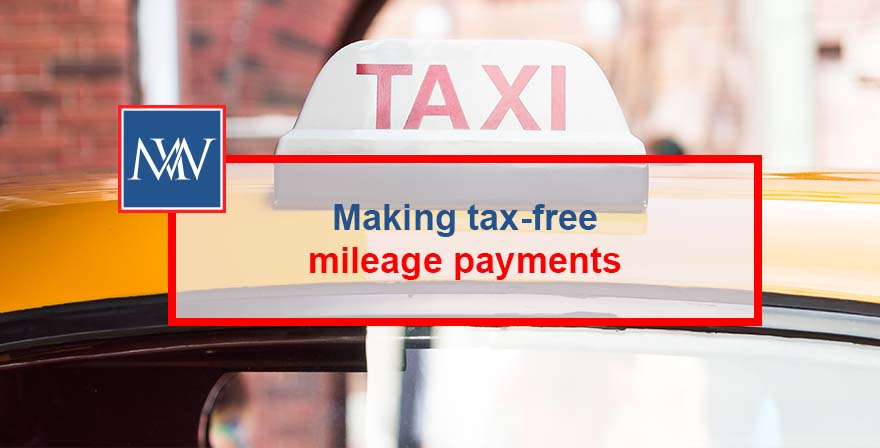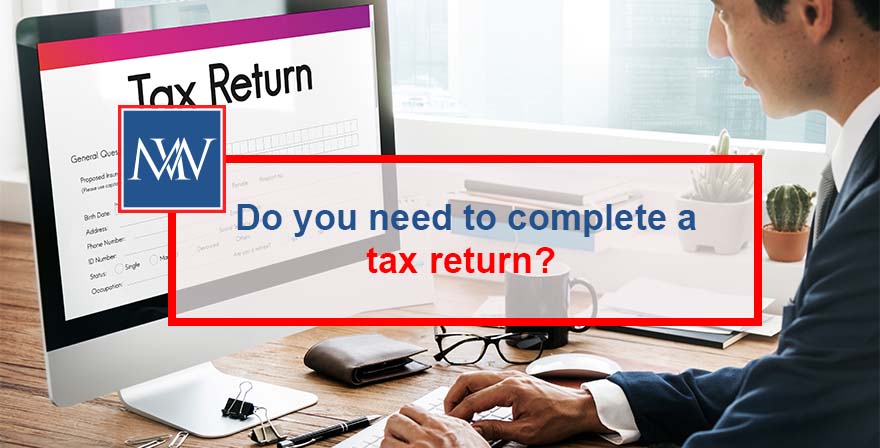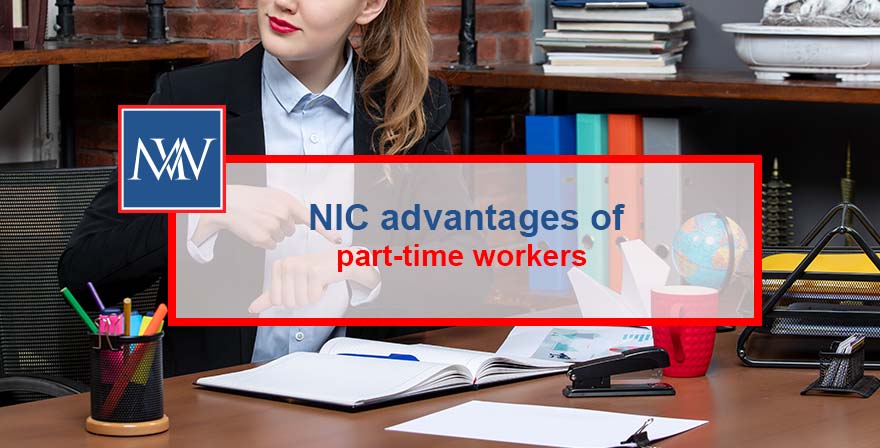Making tax-free mileage payments
If you have employees who use either their own car or a company car for business mileage, you can pay mileage allowances tax-free up to certain limit. However, if you pay more than the permitted amount, the excess is taxable and liable to Class 1 National Insurance. The amount that you can pay tax-free depends
Learn More








